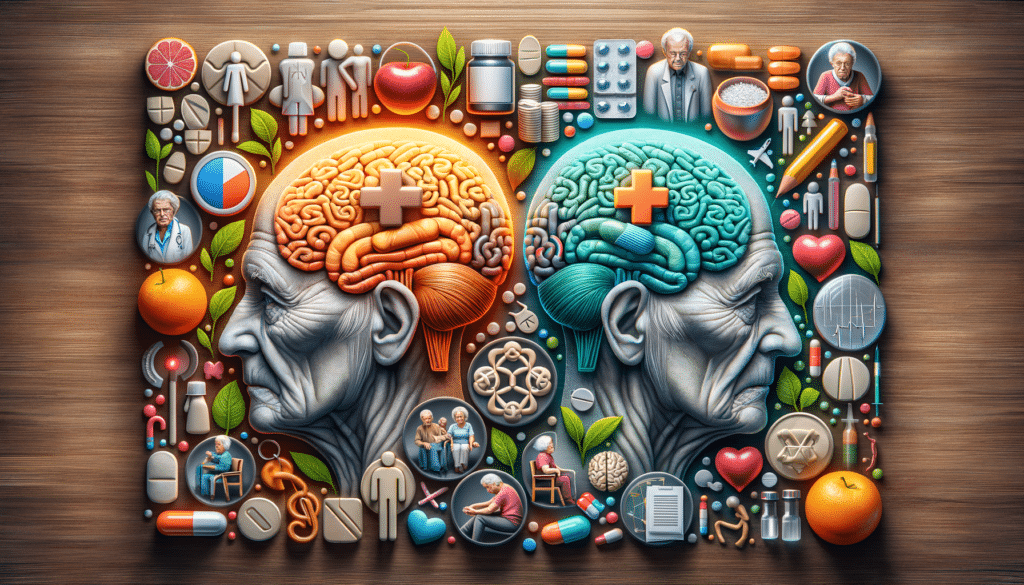Recognizing the Early Signs of Alzheimer’s
Alzheimer’s disease, a neurodegenerative disorder, often begins subtly, with early signs that may be mistaken for normal aging. Recognizing these signs early is crucial for timely intervention and management. The initial symptoms are often cognitive and can include memory lapses, particularly with recent events, names, or places. Individuals might find themselves frequently misplacing items or forgetting appointments. This memory loss is not just occasional forgetfulness but a consistent pattern that disrupts daily life.
Beyond memory, other cognitive challenges may arise. Difficulty in planning or solving problems becomes apparent, such as struggling with managing finances or following a familiar recipe. Language problems, including trouble finding the right word or following conversations, can also be early indicators. Visuospatial issues, such as difficulty judging distances or recognizing faces, may emerge.
Behavioral changes are also significant. A person might exhibit mood swings, anxiety, or depression. Social withdrawal is common as individuals become aware of their cognitive struggles. Recognizing these early signs is essential, as they form the basis for seeking professional evaluation and diagnosis.
Importance of Early Diagnosis and Intervention
Early diagnosis of Alzheimer’s offers several advantages. It allows individuals and their families to plan for the future, addressing legal, financial, and healthcare preferences. Moreover, it provides an opportunity to explore treatment options that may slow the disease’s progression. While there is no cure for Alzheimer’s, certain medications can help manage symptoms.
Early intervention also opens doors to clinical trials and research studies, which can provide access to cutting-edge treatments and contribute to scientific understanding of the disease. Non-pharmacological interventions, such as cognitive therapy, lifestyle modifications, and support groups, can also be beneficial in managing symptoms and improving quality of life.
Moreover, understanding the diagnosis allows caregivers to seek support and resources, reducing the emotional and physical burden. Education about the disease empowers families to create a supportive environment, adapting communication and daily activities to the individual’s needs.
Current Treatment Approaches for Alzheimer’s
Treatment for Alzheimer’s focuses on symptom management and improving quality of life. Medications, such as cholinesterase inhibitors and memantine, are commonly prescribed to address cognitive symptoms. These drugs work by regulating neurotransmitters, which can help improve memory and thinking.
Beyond medication, lifestyle changes play a significant role. Maintaining a healthy diet, regular physical activity, and mental stimulation can have positive effects on brain health. Engaging in social activities and fostering relationships are also vital for emotional well-being.
Innovative treatments are continually being explored. Researchers are investigating therapies targeting amyloid plaques and tau tangles, which are characteristic of Alzheimer’s. Immunotherapy and gene therapy are areas of active research, offering hope for future breakthroughs.
Supportive therapies, such as occupational and speech therapy, can assist individuals in maintaining daily functioning and communication. Caregiver education and support are integral components of treatment, providing strategies to manage behaviors and enhance care.
Overall, a comprehensive approach that combines medical, lifestyle, and supportive interventions is key to managing Alzheimer’s and improving the lives of those affected.




